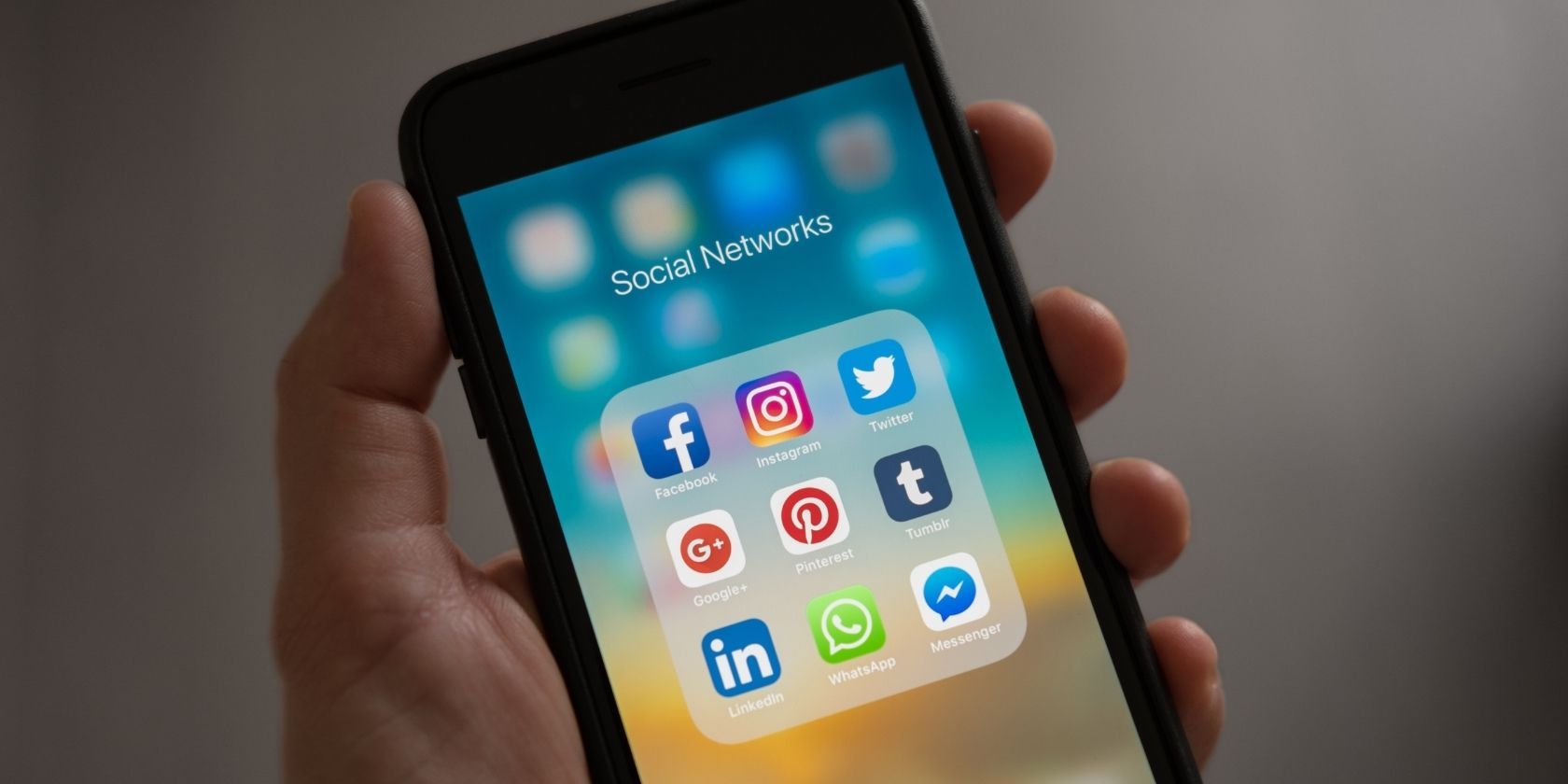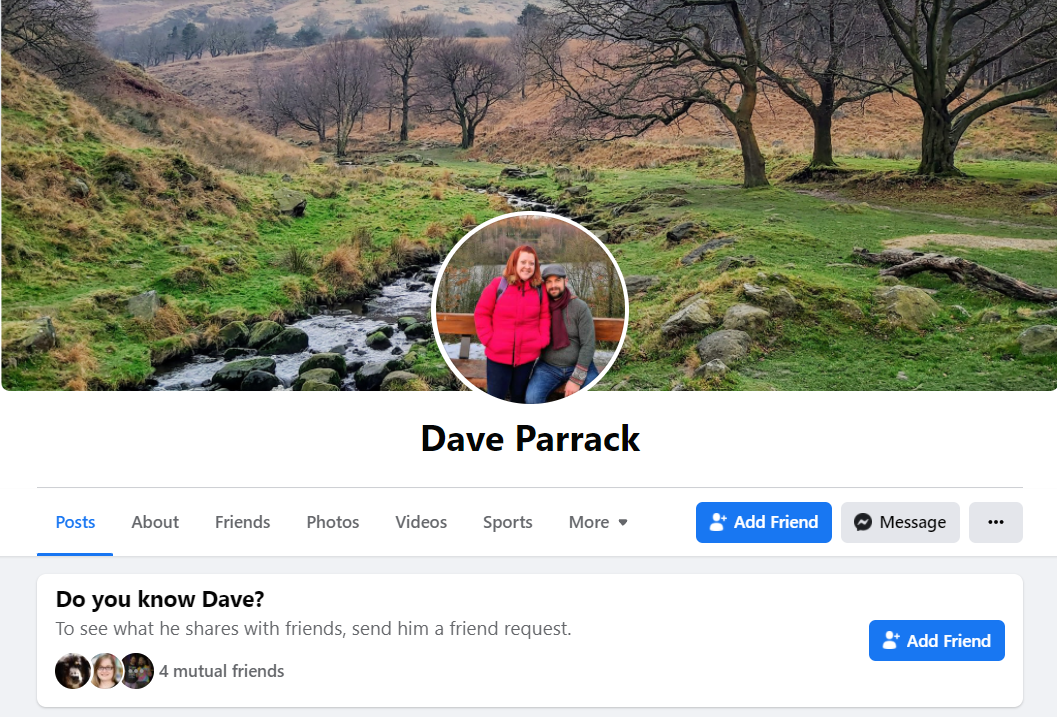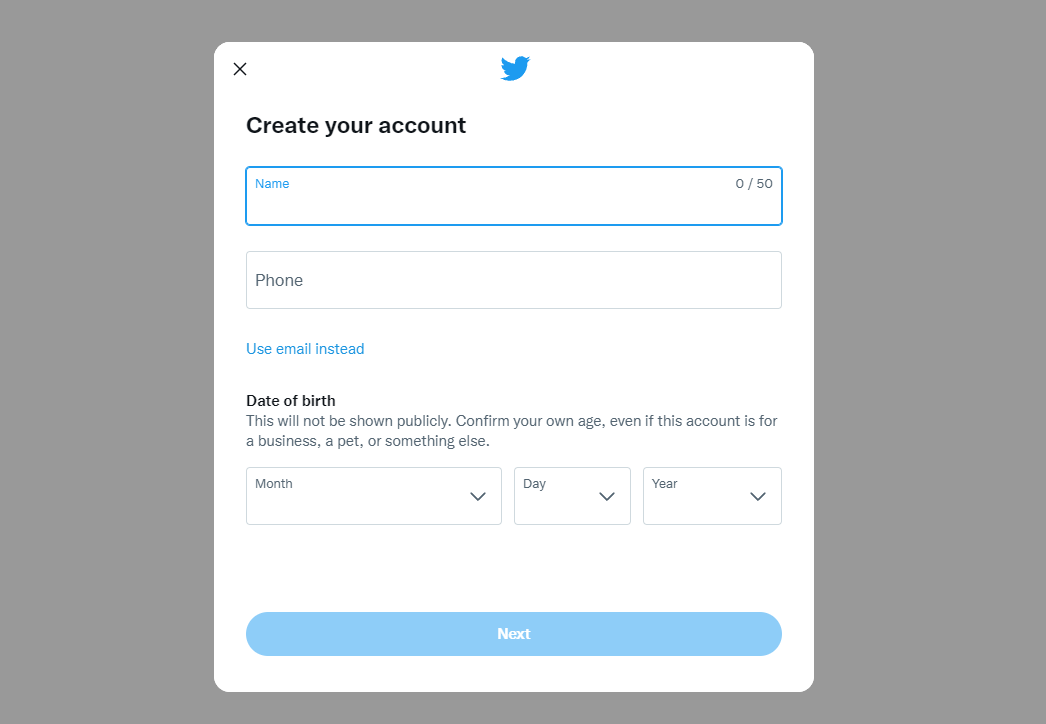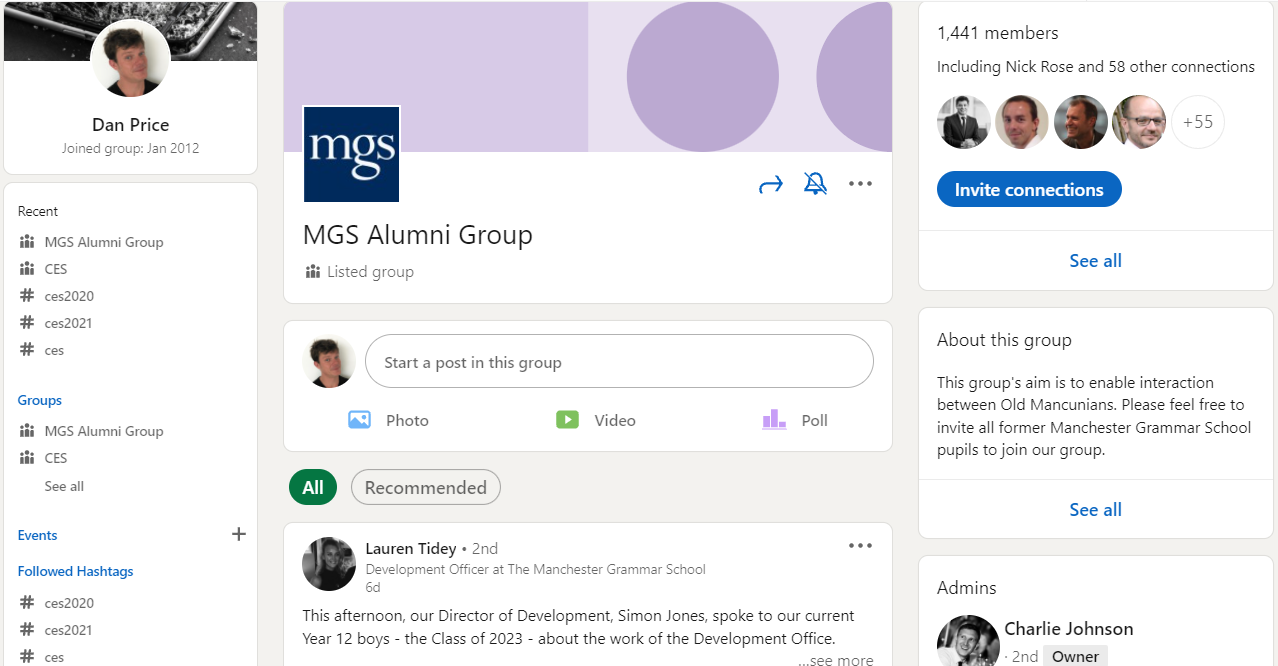Sure, we all think that we know what a social network entails. But do we really?
Almost everyone would agree that Facebook is a social network, for example. But what about Reddit? Does that qualify? Or how about something even less clear-cut—Spotify? Discord? Tinder? Tumblr? A private Telegram group? Where do you draw the line?
It looks like we need some rules and definitions. Here are seven social networking aspects and characteristics to help you define what makes a platform a social network.
1. You Can Connect to Other People
At the core of all social networks is the ability to connect with other users. That might take the form of a clickable "Connect" button, or simply chatting in the same group or forum as other people. However, sometimes networking is happening without the ability to engage with friends, family, or like-minded users, and there is nothing "social" about it.
Consider the example of Spotify. You can connect to other people (both artists and fellow users) by following them. But the radical Spotify changes over the last few years mean there is no longer a way to chat and directly interact with those people.
You can argue about the negative effects of social media, but it's clear that connections are an important feature.
2. You Can Share Content
All social networks that meet the definition allow you to share content with other users. That could be something as simple as a text post, but also includes things such as links to interesting sites, videos, pictures, GIFs, news snippets, or anything else. Without the sharing aspect, it is tough to get any conversation going with other people.
Using this concept as a key characteristic of social media would mean that Spotify would not meet the cut, but a private Telegram group would count.
Also, consider the comments section on a blog. In many cases, it would meet the first two definitions we have explored, yet no one would consider those a social network.
3. Anyone Can Join
Although some private, invite-only social networks do exist, almost all social networks will allow anyone to join the community as long as they meet some base-level requirements.
Of course, this raises questions about services on which open-invite areas exist, while some closed areas also exist.
Discord, for instance, does not have any communities that you are automatically added to when you sign up. Instead, you need to go and hunt for chat groups that you want to join. Some of those groups are open to anyone; others are private and cannot be found through public searches.
Therefore, you could argue that Discord itself is not a social network, but the communities that exist on it are all standalone micro-social networks in their own right.
4. You Can Make a Profile
One of the key tenets of social media is being able to explore the personalities of the people you are interacting with.
If everyone is anonymous and has no information about their personality or interests (not necessarily personal information that lets you identify them), then the social aspect of a social network is greatly hindered.
Of course, on services like Twitter, many people choose to remain anonymous. But the option to create a profile and make yourself publicly known is available. That is a crucial point.
5. It's Easy to Find People With Similar Interests
Almost all the services that we would definitely think of as social networks make it easy to join communities and follow discussions about your interests.
Think about it. Twitter and Instagram have hashtags, Facebook and LinkedIn have groups, Reddit has searchable subreddits, and so on.
On the other hand, Tinder doesn't just let you have a casual chat with anyone else on the platform who has marked "cats" as being an interest. That is not the purpose or core mission of the service.
If you cannot easily find and engage with people who share your interests on a given service, there is a good chance it is not a true social network.
6. They Can Cater to a Niche
The most extensive networks cater to anyone and everyone. You can drill down within them to find your niche.
However, there are also dozens of high-quality niche social networks that might still tick all the other boxes. Just because they only have a comparatively small number of users doesn't mean they should be excluded.
Some examples include the finance-focused StockTwits, Untappd (a community for beer lovers), Goodreads for book lovers, Meetup for expats and people who are new to a city, and Ravelry for knitting enthusiasts.
Check out our list of other niche social networks if you would like to learn more.
7. You Can Maintain Relationships
Perhaps the greatest guide of all should be the dictionary definition of a social network.
According to Merriam-Webster, a social network is:
An online service or site through which people create and maintain interpersonal relationships.
We think the "maintain interpersonal relationships" part is the crux of it. Anyone can create a relationship in two minutes in a quick exchange in a blog's comments section. But that medium does not lend itself to keeping their relationship active over time.
Sure, some social networks are better than others at facilitating this (think about the difference between adding someone as a friend on Facebook versus chatting to the same person repeatedly on a large subreddit). However, all the best social networks at least have the capability to allow it.
Understand the Type of Service You're Using
So, what to make of all this. Have we learned anything? While it is clear that it's hard to pin down precisely what makes a social network be defined as such, it is perhaps easiest to take a step back and look at the bigger picture.
Rather than using "social network" as an all-encompassing phrase, you need to understand that social networks are just one part of a broader social internet. Try to categorize your favorite social services into one of these areas instead:
- Social network
- Social community
- Social news
- Microblogging
- Media sharing
They all have a role to play in how you use the web, and many non-social-networks still provide an extremely valuable service to their users, but they don't really meet the standards by which we would define something as a network.




